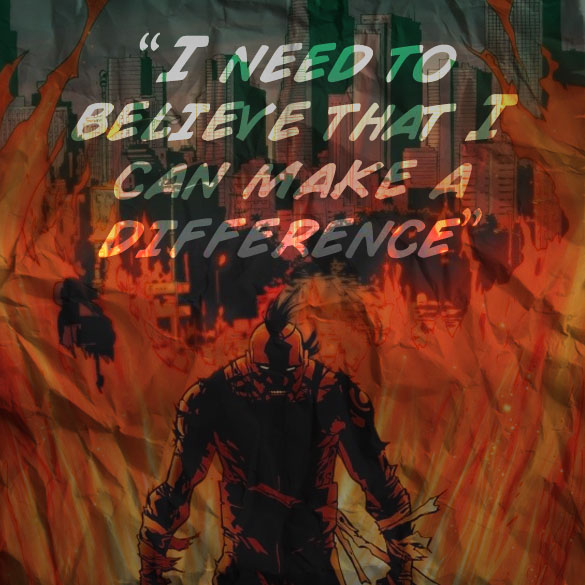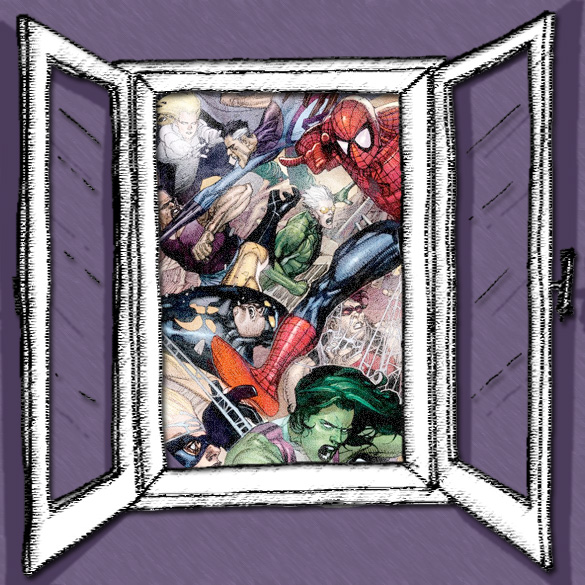RENDER, RENDER a poem by Thomas Lux from Motionpoems on Vimeo.
Angella and Todd are poetry lovers in an age of rampant poetry-phobia. They are the innovators behind “Motionpoems,” a fusion of poetry and film that they hope will “broaden the audience for poetry by turning great poems into short films.” Except for a minor population, it seems that people no longer casually pick up a literary magazine to catch up on the latest poetry, and people certainly aren’t attending poetry readings in the swarms that they once did, as in 1956 when T.S. Eliot attracted 13,700 people to a basketball stadium in Minneapolis. But with Angella and Todd’s idea, Motionpoems may harbor the potential for poetry to take new life in the contemporary media-overwhelmed world through the bête-noire of poetry itself: technology.
Motionpoems have gained substantial attention from poets, publishers, teachers, and adorers of poetry alike. They have been shown at film festivals around the world and been featured in online textbooks, setting an ingenious precedent for the way students interact with poetry in the modern era. And in a very exciting partnership, this year Angella and Todd will produce 12-15 motionpoems for Scribner’s 2011 Best American Poetry anthology.
The project suggests an interesting transition point in the poetry and publishing worlds, the latter of which is undergoing a vast shift from traditional paper publishing to digital formats. Todd appropriately acknowledges the way in which Motionpoems possess the potential to revitalize poetry, an art form that is not given enough credence in today’s culture: “Suddenly it’s not just a poem in a literary journal anymore. It’s something that you can share and that people can kind of get absorbed in a totally new way.” People are attending the Motionpoem viewings with “the same set of expectations that they bring to movie-going.” Thomas Lux, a poet with three National Endowment for the Arts grants and a Guggenheim Fellowship, lauds the project for its revolutionary capabilities: “Of all the new ways people are trying to disseminate the art form of poetry, I think Motionpoems is one of the most original and the one to appeal most to younger people, and that’s important: among them are the poets of the future, and among them are the readers of the future.”
As we now experience films, television, and music from our computers, it makes a lot of sense that we could now experience virtual poetry readings too. For Todd and others, “It feels like the work has been honored in a totally radically different way than you could have ever done just by reading it in front of an audience.”

